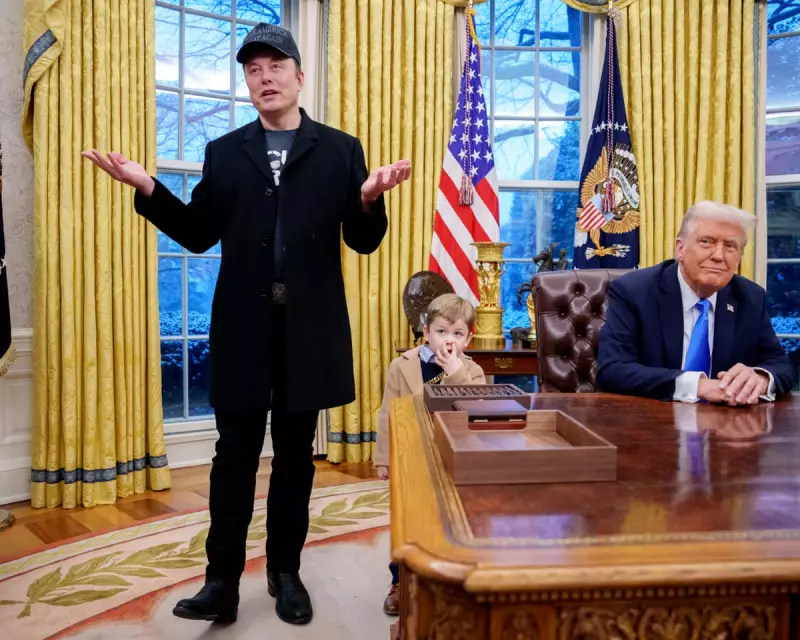
The controversial 'Department of Government Efficiency' (Doge), established by former President Donald Trump and spearheaded by tech billionaire Elon Musk, has been quietly disbanded with eight months still remaining on its contract, an investigation has revealed.
The Rise and Fall of Doge
The department was created on 11 February via an executive order signed by Trump on his first day back in office. A photograph from the Oval Office ceremony captured Elon Musk and his son alongside the former president. Musk, along with former Republican presidential candidate Vivek Ramaswamy, was tasked with leading the agency, which was mandated to drive "large scale structural reform" through to 24 July 2026.
However, the agency's aggressive approach, which involved invading federal agencies and firing thousands of workers, was shrouded in secrecy. Despite Musk's claim in February that "I don’t know of a case where an organization has been more transparent," Doge agents often refused to identify themselves, slashed agency budgets without consultation, and failed to provide a public accounting of its work.
Signs of Disbandment and the Fallout
Suspicions that Doge had been dissolved began to surface earlier this summer. In a telling statement to Reuters, Office of Personnel Management (OPM) director Scott Kupor said of the department, "That doesn’t exist," adding that it was no longer a "centralized entity." This confirmed long-standing suspicions about the department's fate.
This followed a report from Politico in June that Doge staffers had "packed up their clothes and bedding" from the department's headquarters, where they had been sleeping since February. The department's demise appears to have been accelerated by the explosive online feud between Trump and Musk, with many former employees reportedly fearing criminal repercussions for their role in eliminating government jobs.
By May, the department's work had resulted in more than 200,000 federal workers being laid off and roughly 75,000 accepting buyouts. While Doge claimed these cuts saved billions, experts could not verify the figures due to a lack of transparency. Documents show that the OPM has since assumed many of Doge's former responsibilities.
Where Are the Key Players Now?
Many of Doge's senior figures have moved into new roles across the US government. Elon Musk officially left Washington in May, further fuelling speculation about the department's closure.
Amy Gleason, the acting administrator, became an adviser to the health and human services secretary in March. Zachary Terrell, another senior member, is now chief technology officer at the Department of Health, while Rachel Riley has taken up the post of chief of the Office of Naval Research.
Perhaps the most prominent departure was Joe Gebbia, the co-founder of Airbnb, who has since been instructed by Trump to focus on beautifying government websites, launching sites to recruit law enforcement and advertise a drug pricing program.





